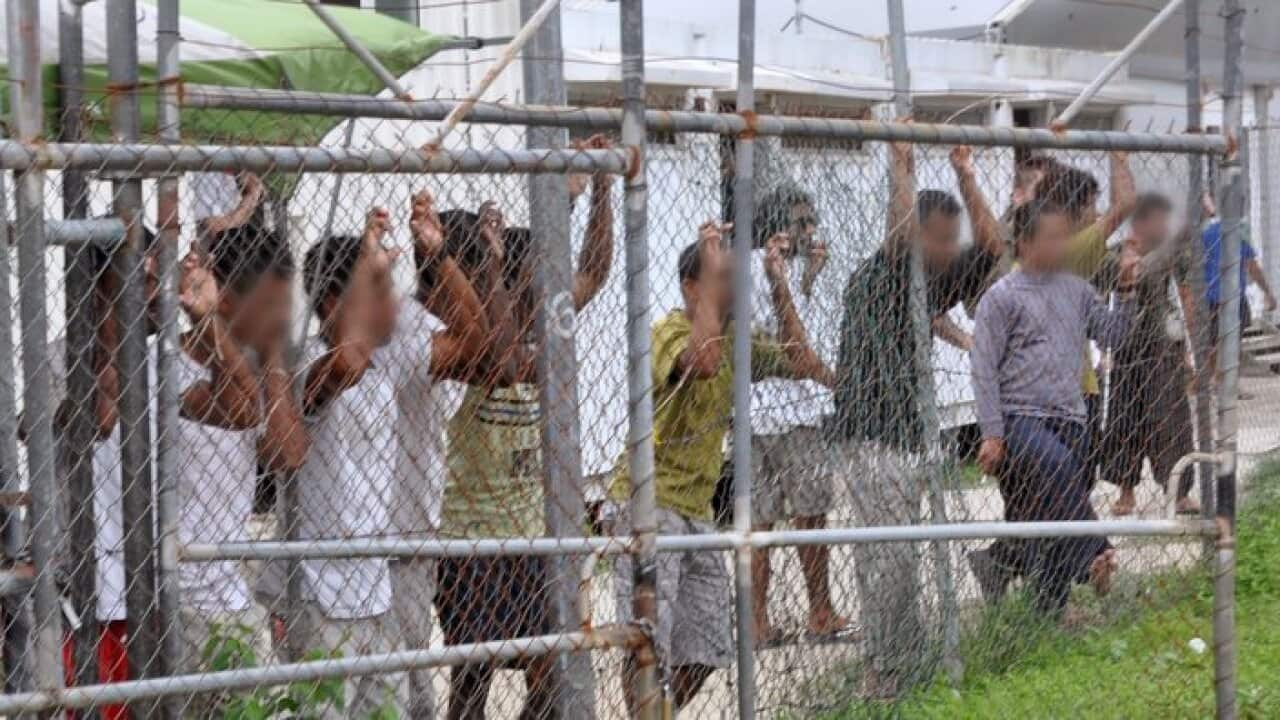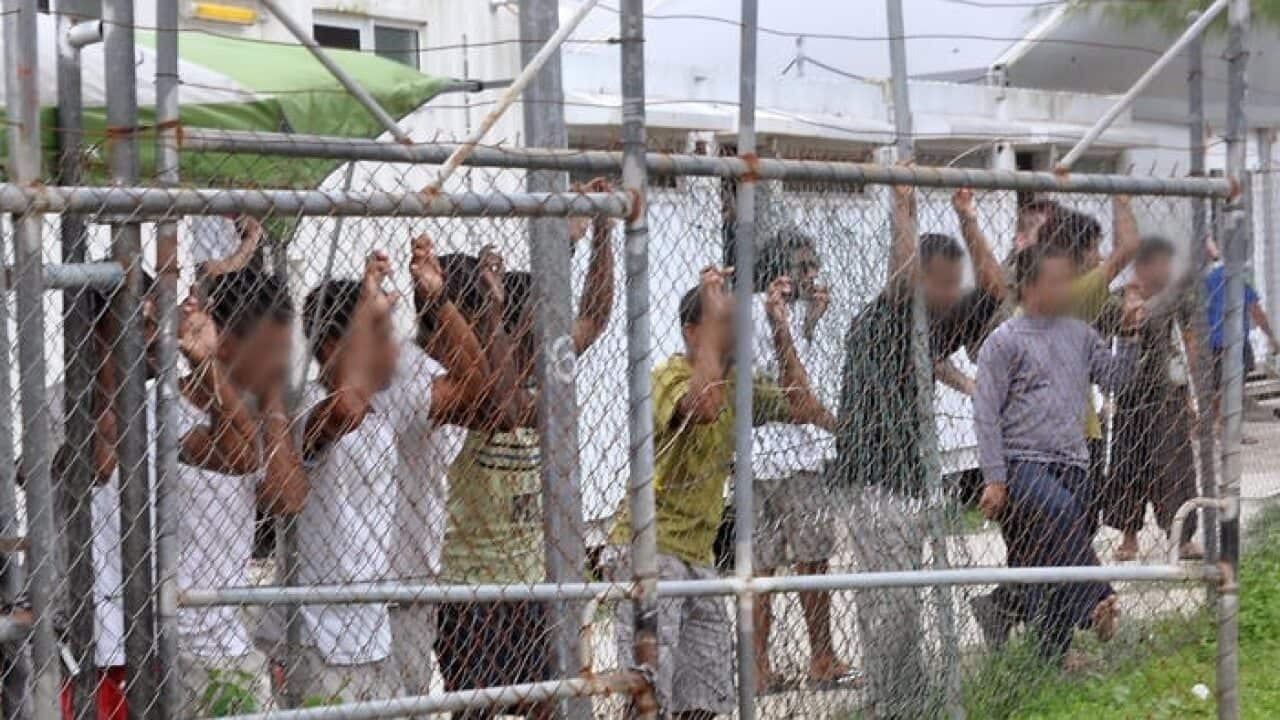The United Kingdom’s Home Secretary Priti Patel is expected to this week announce a broad immigration policy overhaul, including the possible establishment of an offshore detention network inspired by Australia.
The proposed changes would allow the UK to send asylum seekers to offshore processing centres in a third country.
The UK government is also reportedly considering establishing remote detention camps on the British overseas territory of Gibraltar and on the Isle of Man. Other islands off Scotland are also being considered.
Kaldor Centre for International Refugee Law researcher Madeline Gleeson gave evidence on Australia’s offshore processing system to the UK House of Commons in November.
She warned them not to adopt Australia’s policy, partly because the country’s experience in 2012 had shown that it doesn’t work in deterring those seeking asylum.
“It was set up to act as a deterrent, but it did not achieve that goal because more asylum seekers arrived by boat in the first year of offshore processing than at any other time in Australian history,” she told SBS News.
She said the human rights issues faced in Australia’s offshore processing system would likely be magnified in the UK.
"It's extraordinarily dangerous, it's shocking, and it’s quite terrifying to be frank. We haven't scaled this anywhere near to what Europe or the UK would likely be doing,” Ms Gleeson said.
"I can only imagine what they are thinking of is something much larger, and that's never been tested, not here, not anywhere. So the risk is that they take all the issues we've seen in Australia and scale it up by 1000 per cent or more, going in blind without any blueprint or tested model of what to expect or what it will look like,” she said.
The Australian government has defended the country’s use of offshore processing, with Prime Minister Scott Morrison saying it was a “core part” of the successful border policies.
Elaine Pearson from Human Rights Watch said it was “deeply worrying” that the UK was seeking to emulate Australia’s system.
“I don’t think it’s a model for any country to follow, it’s really a text book case on what not to do,” she told SBS News.
“The harm inflected on other people, the fact that it violates international human rights obligations it’s cruel, it’s expensive,” she said.












